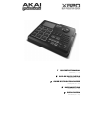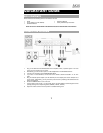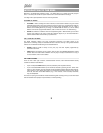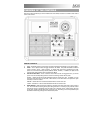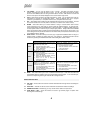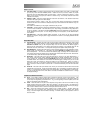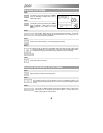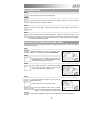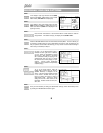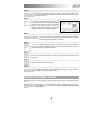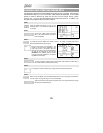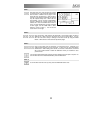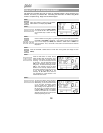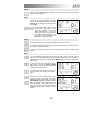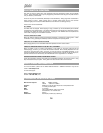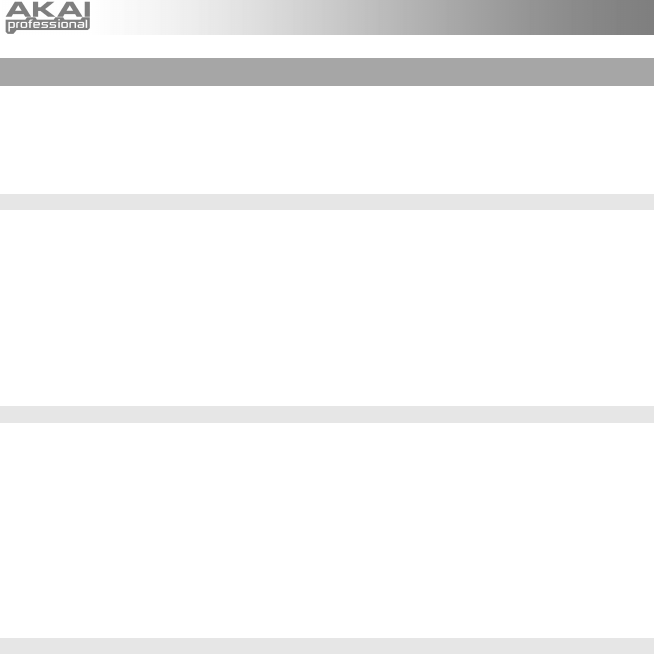
2
INTRODUCTION TO THE XR20
Welcome to the XR20 Beat Production Center. The XR20 allows you to quickly and easily program
drum, 1 shot and synth sounds into rhythm Patterns and to turn these Patterns into Songs.
Let’s begin with a quick explanation of some of the key elements:
PATTERNS VS. SONGS
PATTERNS – When recording with a drum machine, it's often easier to divide a song into shorter
individual Patterns and work on these rather than record an entire song. A typical Pattern might be
8,16, or 32 beats long, and correspond to a verse, chorus, bridge, instrumental, intro, etc. Think of
Patterns as the building blocks for your Songs. The XR20 holds 100 Preset (i.e., can't be edited)
Patterns and 100 user-programmable Patterns, each of which can be from 1 to 128 beats long.
SONGS are collections of Patterns which are sequenced together. With the XR20, you can either
program your patterns in the order in which they should be played, or you can select Patterns in
real-time and the XR20 will remember your performance.
THE 2 TYPES OF PATTERNS
The XR20 introduces exciting new Song construction techniques. The XR20 excels at live
performance—something usually not associated with drum machines. The key to using these advanced
features is to understand the different types of available Patterns.
PRESET Patterns provide a variety of rock, jazz, pop, and other rhythms programmed by
professional drummers.
USER Patterns are Patterns you can program, edit, and save. The PRESET/USER button selects
between these two master banks of Patterns. The only way to modify a Preset Pattern is to copy it
to a User Pattern, where it can be edited.
THE 4 SUB-PATTERNS
There are 100 of each type of Pattern, numbered 00-99. However, each numbered Pattern actually
contains four different "sub-Patterns":
A pair of independent MAIN Patterns (A and B, selected by their respective buttons).
A pair of associated FILL Patterns (A Fill and B Fill, selected by pressing the FILL button when
either A or B is selected). The Fills primarily provide transitional Patterns between Main Patterns,
which makes for more realistic drum parts. The associated Fill Patterns share the same length,
Drum Set, and name as their Main Patterns (e.g., if A is 16 beats, A Fill is 16 beats). Otherwise,
they are independent.
The reason for pairing the two different A and B Patterns together is simply so that you can switch back
and forth between them rapidly in live performance or while improvising.



